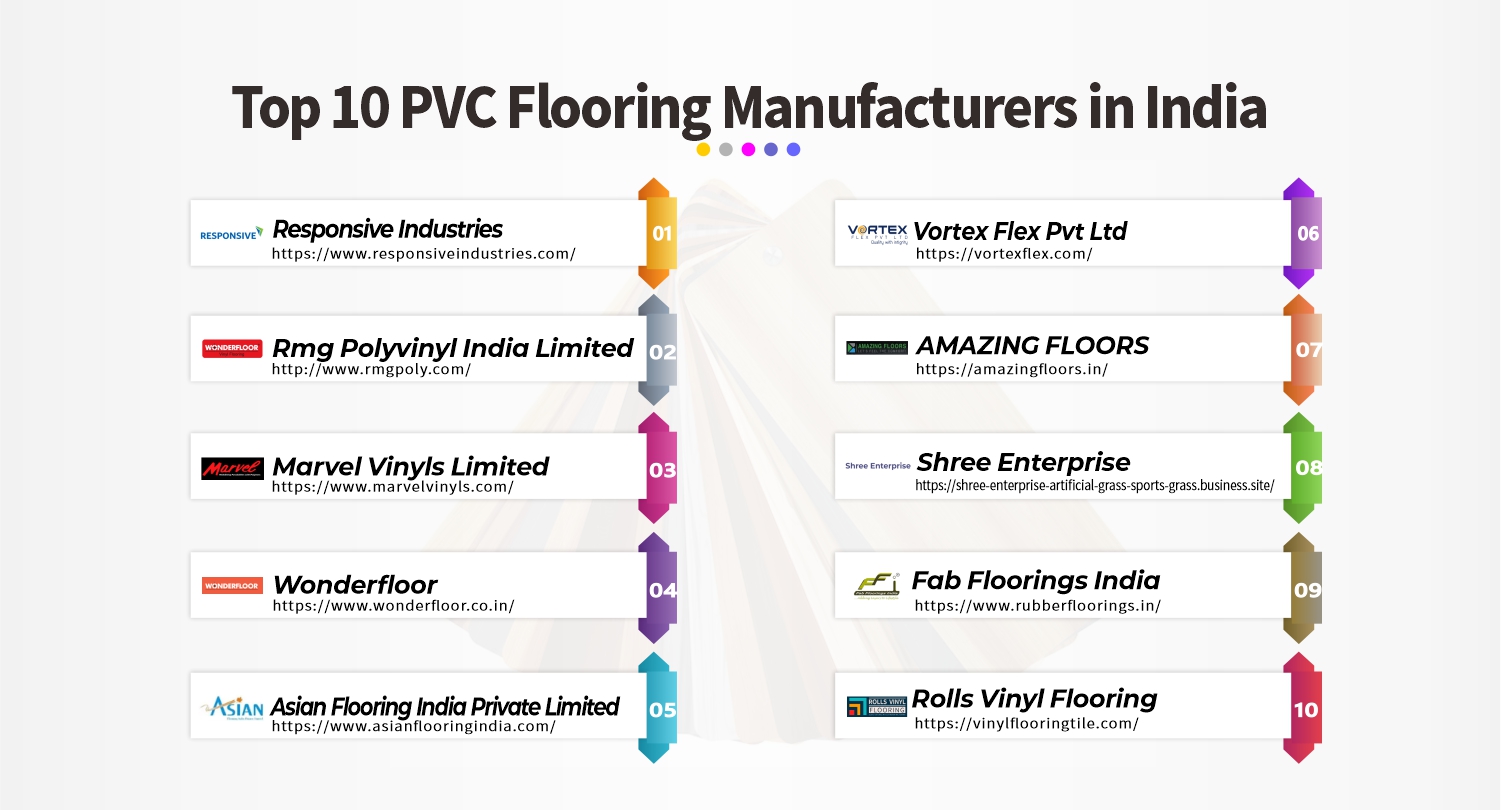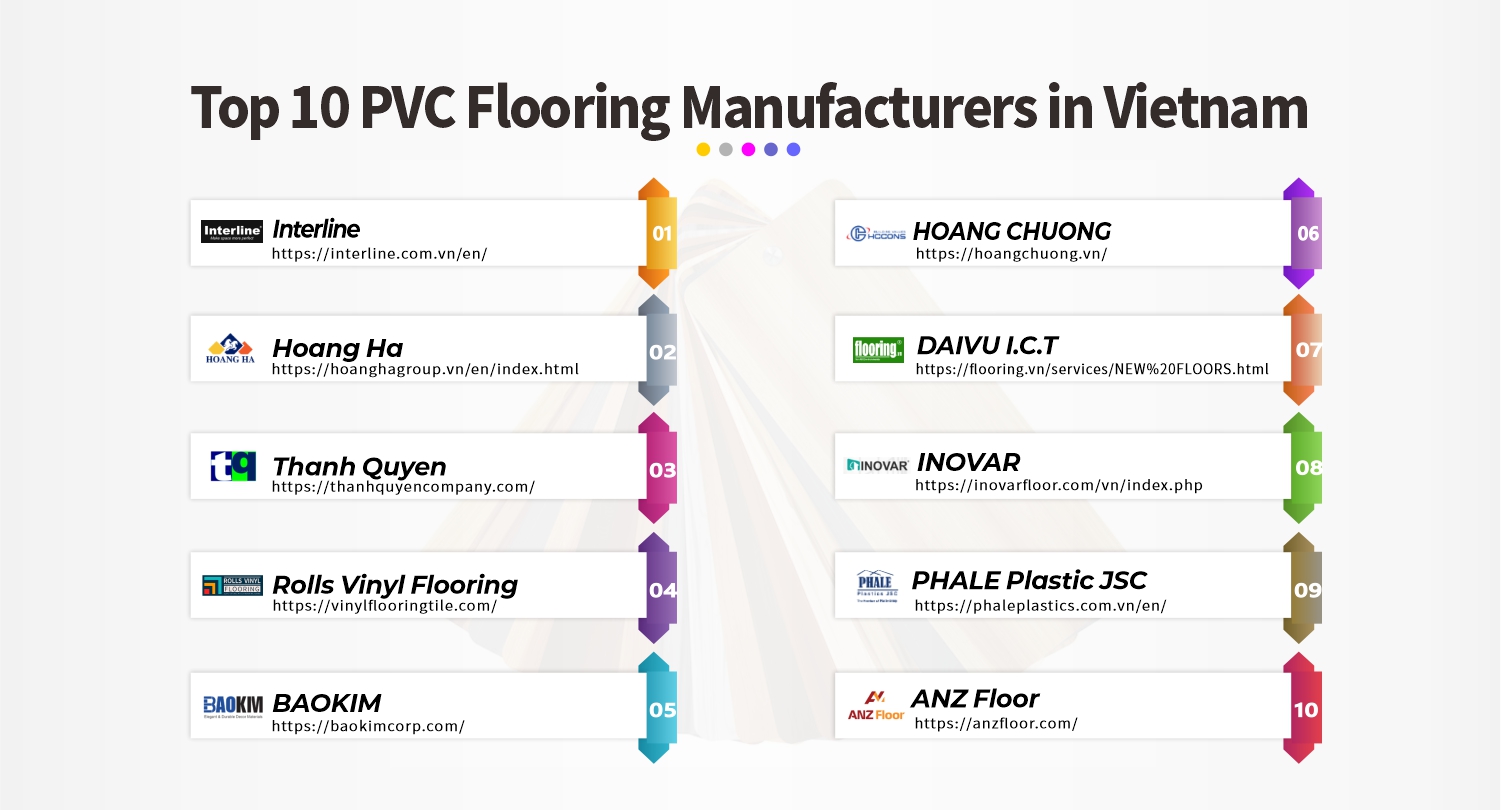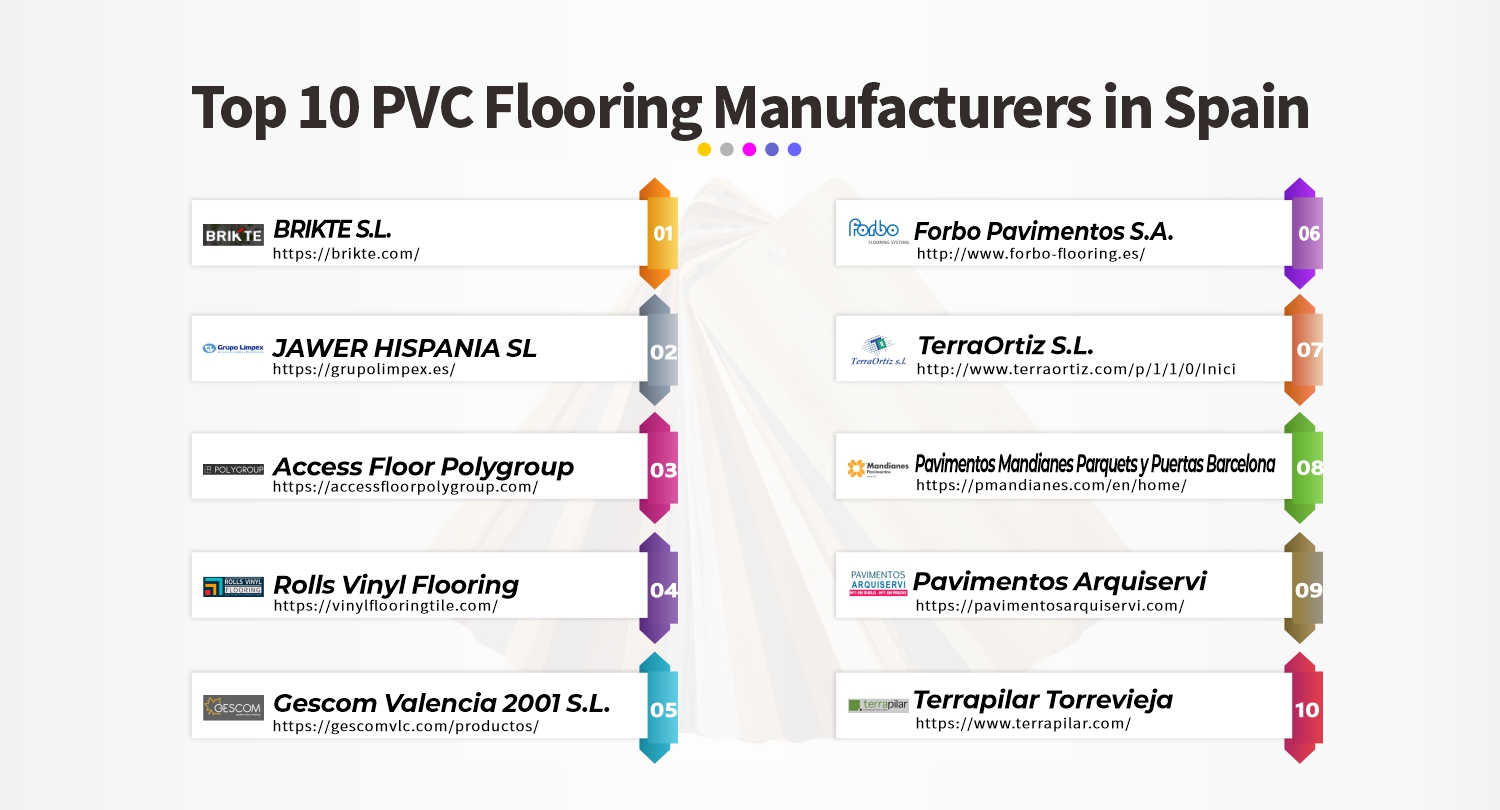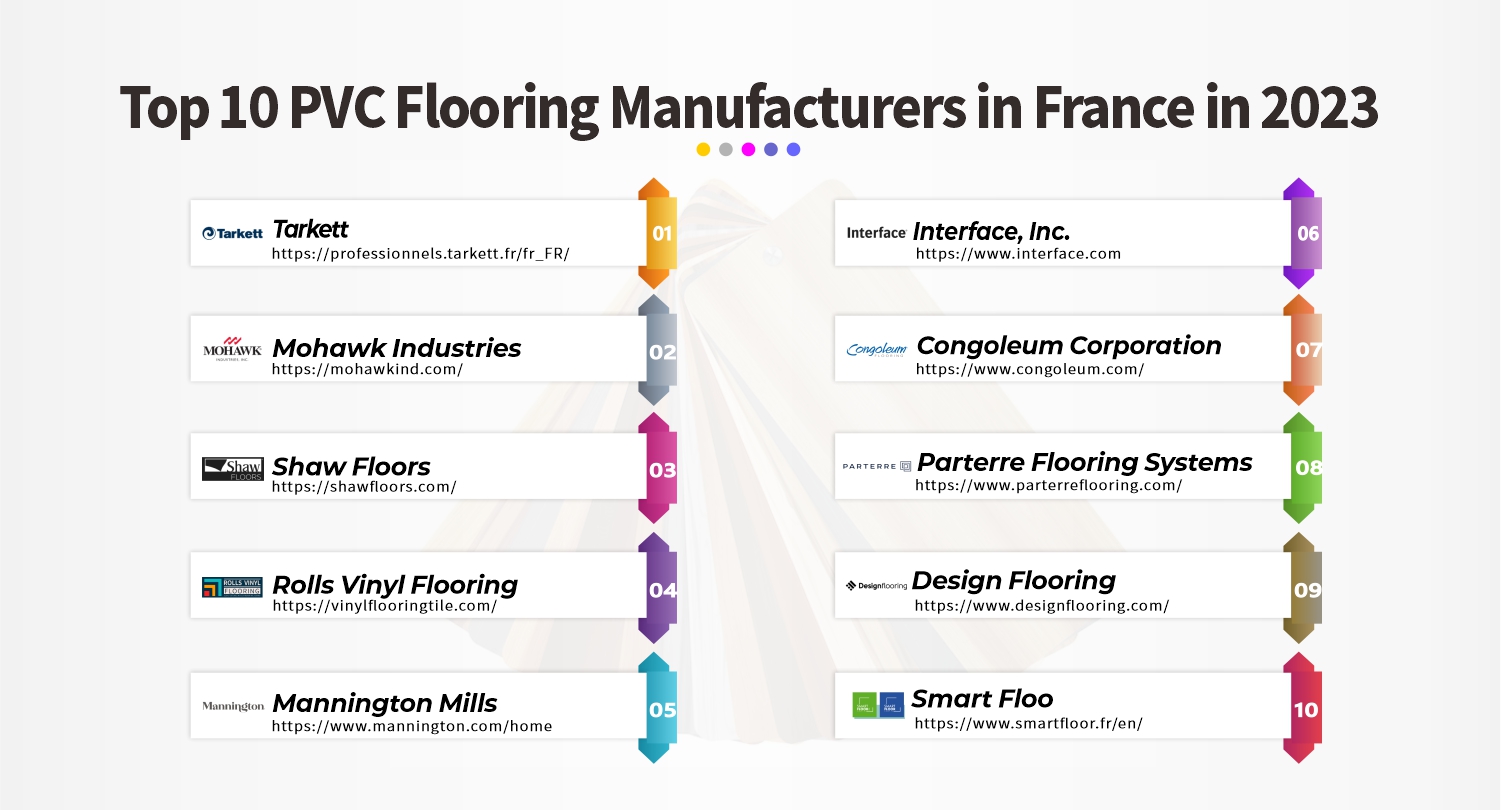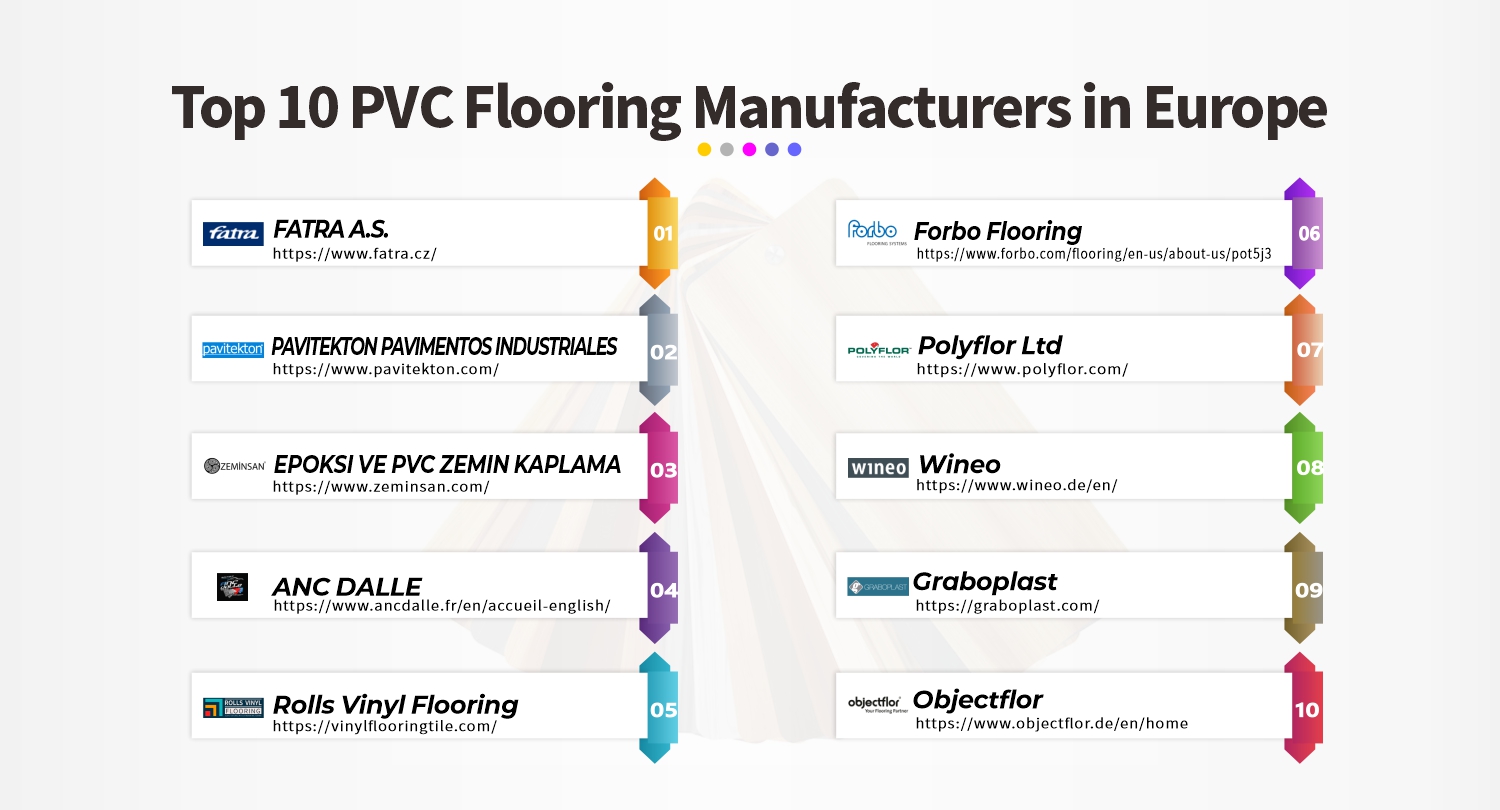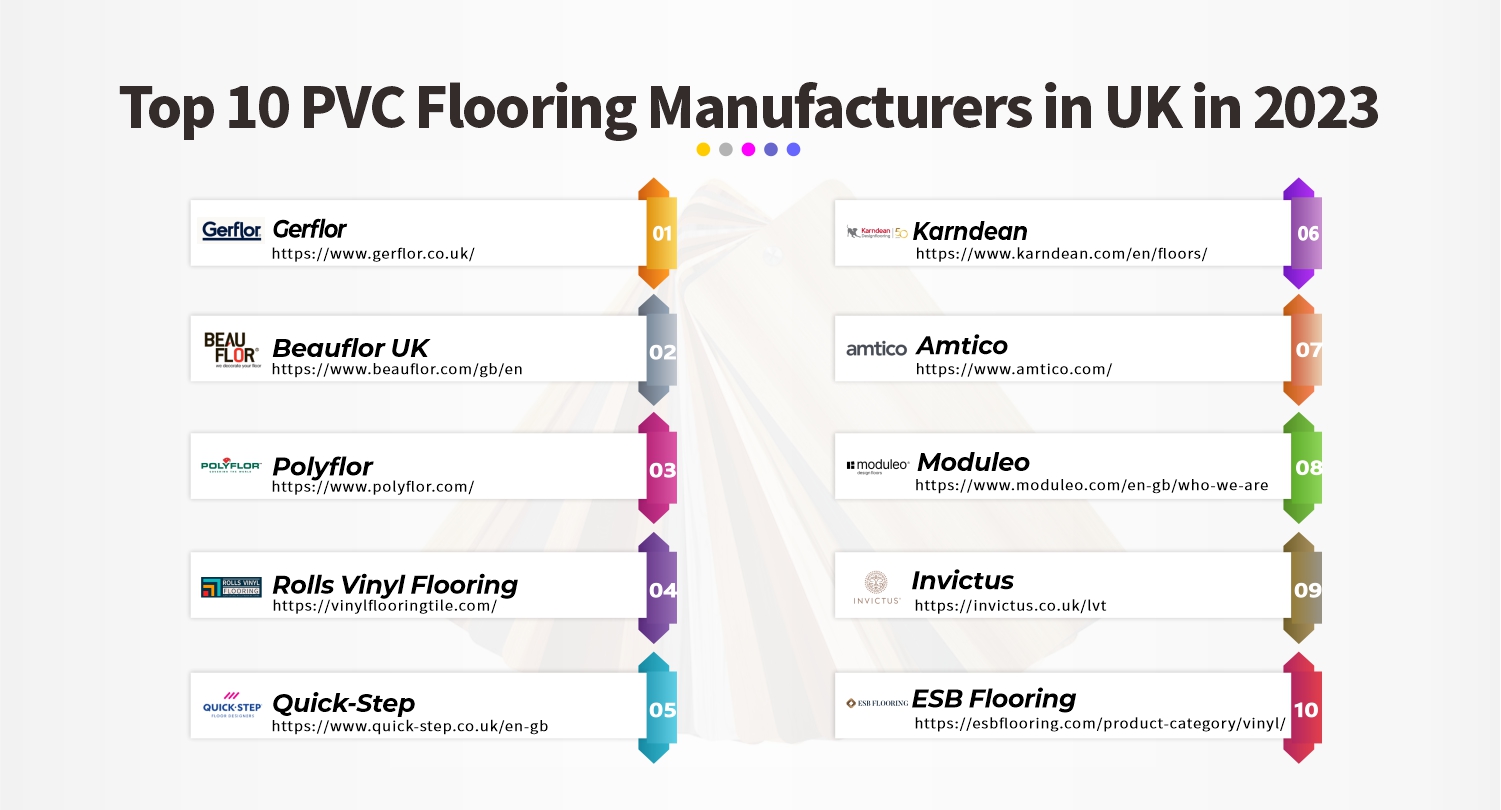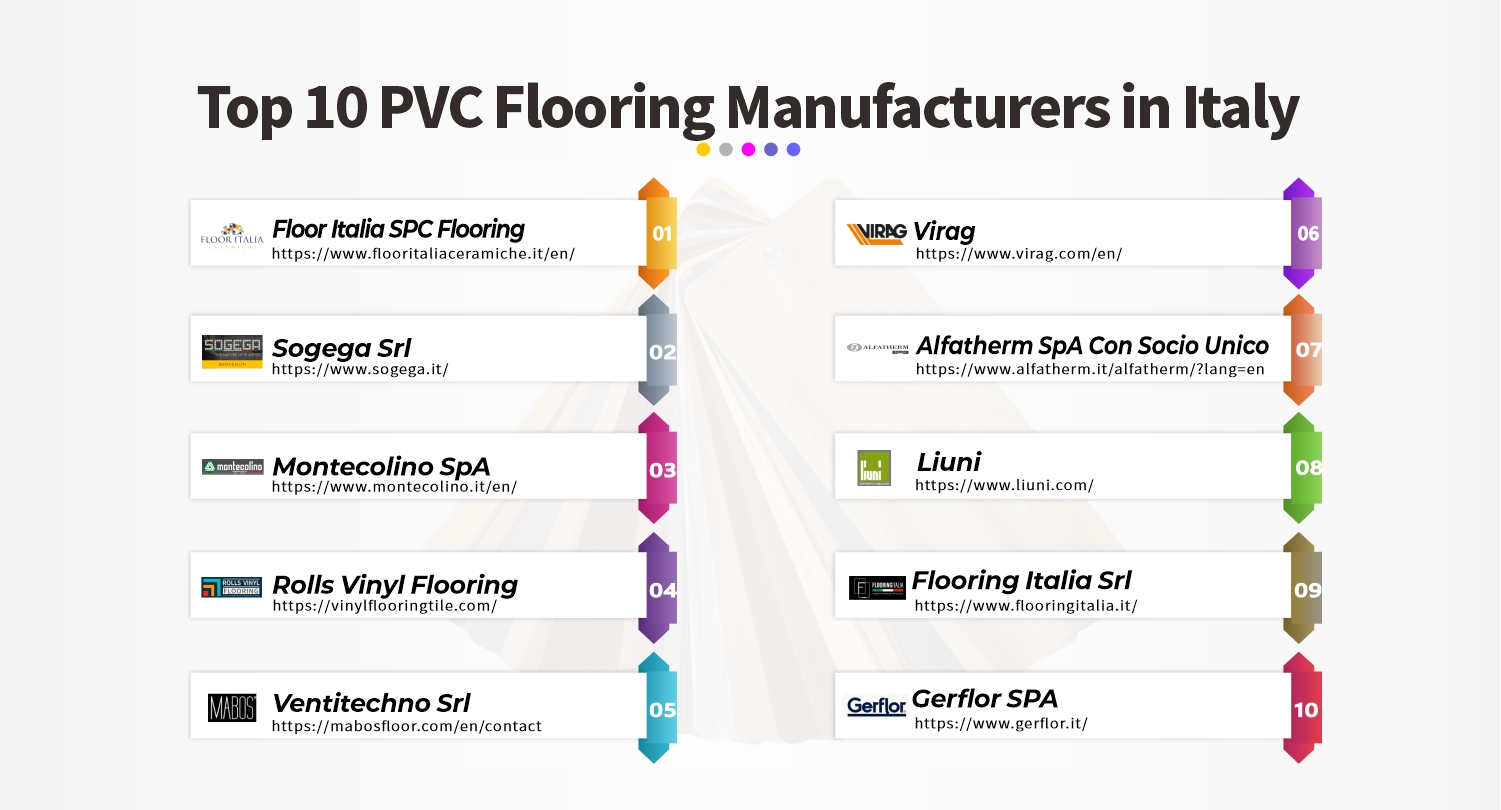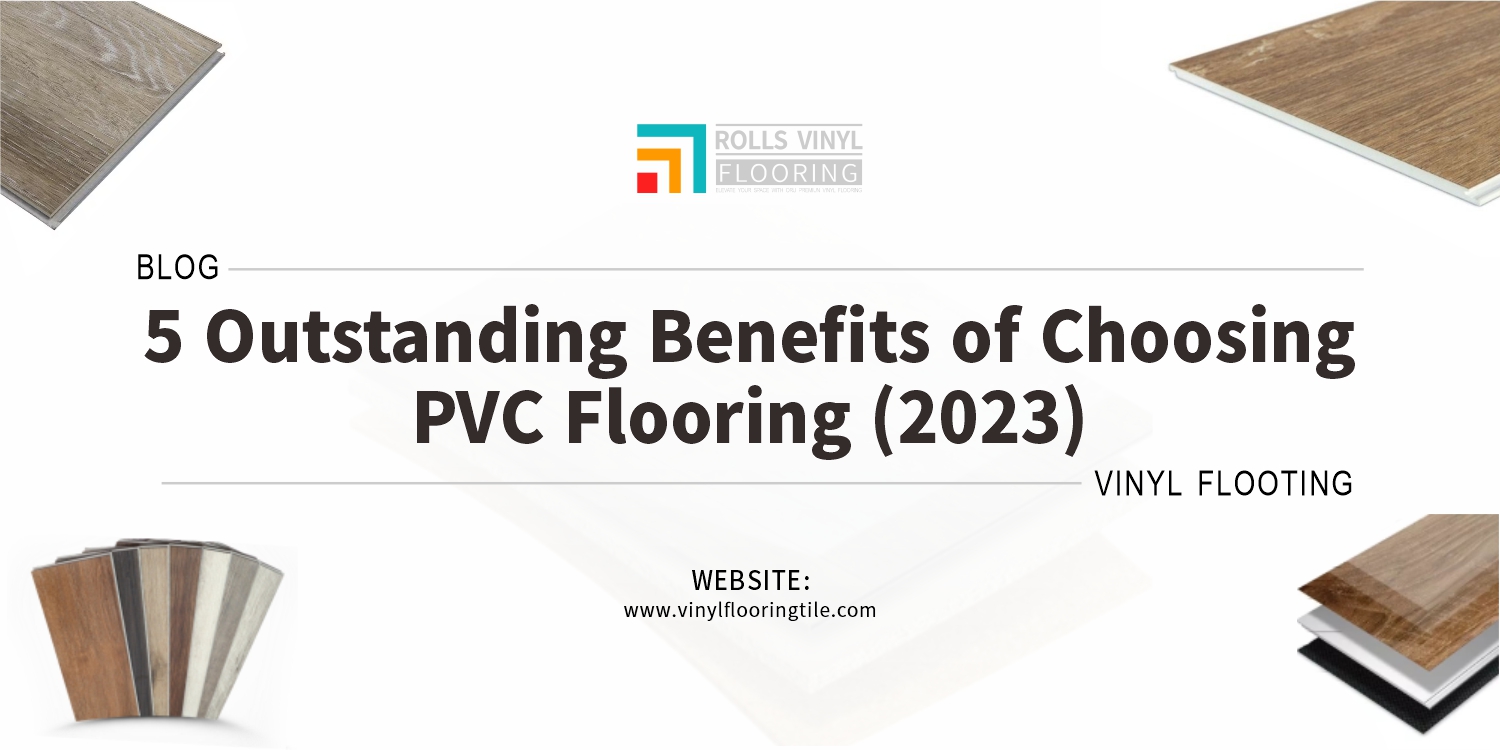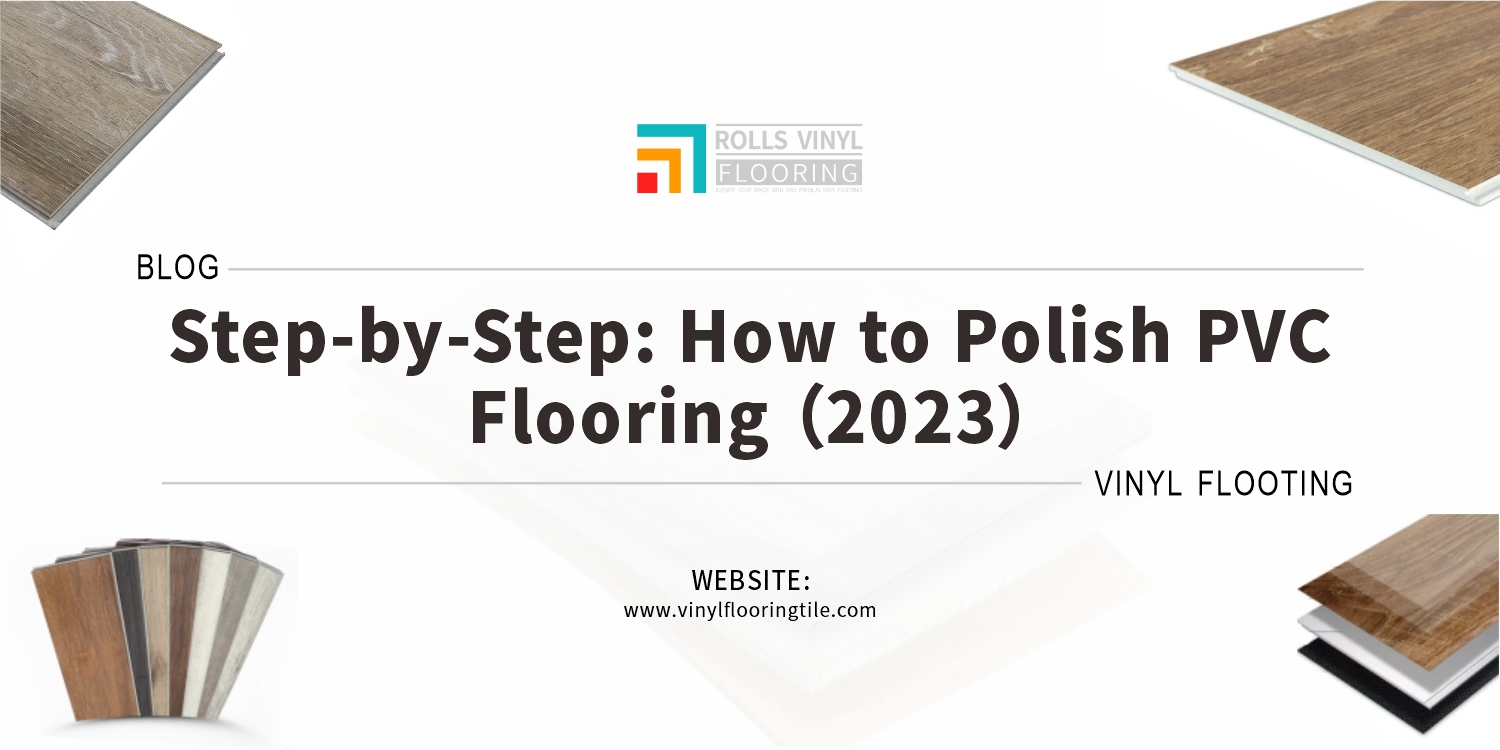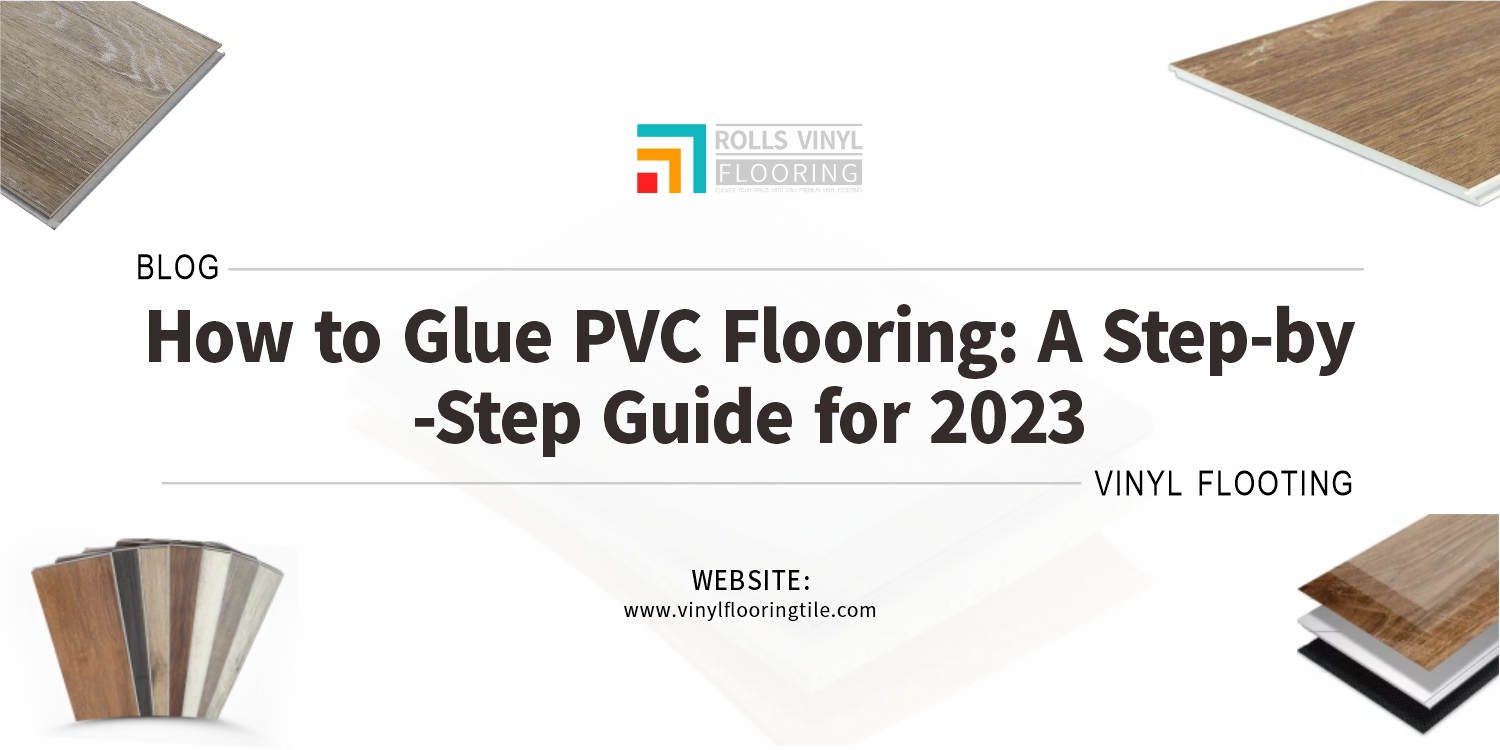Shopping malls are a hub of activity, with countless visitors walking through their doors every day. With such high foot traffic, it’s essential to have commercial SPC flooring that can withstand the wear and tear of constant use. This is where SPC flooring comes in. SPC (Stone Plastic Composite) flooring is a type of rigid vinyl flooring that has quickly become a popular choice for commercial spaces due to its durability, easy maintenance, and aesthetic appeal. In this article, we’ll explore the various benefits of using SPC flooring in shopping malls, and how it can improve the shopping experience for customers while also reducing costs for mall owners.
Shopping malls can benefit in several ways by using SPC flooring. Here are some of the main advantages:
- Durability: SPC flooring has a solid, stiff core that greatly reduces its susceptibility to impact, scratches, and general wear and tear. It can therefore resist the high foot traffic of a shopping center without displaying indications of wear, keeping its beauty for a longer period.
- Simple upkeep: To keep SPC flooring appearing brand-new, all that is needed is routine sweeping and the occasional damp mopping. Because it requires less time and money to maintain than other types of flooring, it is a cost-effective choice for mall owners.
- SPC flooring has a variety of appealing aesthetics, including tile, stone, and wood-like appearances. This enables shopping center operators to select a flooring solution that blends in with their overall design aesthetic and produces a warm and attractive environment for customers.
- A higher level of safety is provided by SPC flooring, which is slip-resistant, making it a safer alternative for shoppers to use when they are strolling through the mall, especially when it is damp or muggy outside.
Overall, using SPC flooring in shopping malls can improve the shopping experience for customers while also reducing costs and maintenance requirements for mall owners.

We’ll delve into the advantages of SPC flooring for shopping malls in more detail in this post, looking at how it can raise the value, safety, and aesthetic appeal of your building. We’ll also offer advice on how to pick the best SPC flooring for your requirements and how to properly maintain it to maximize its longevity.
Explanation of SPC flooring
Limestone powder, stabilizers, and PVC resins are combined to create stiff vinyl flooring known as SPC (Stone Plastic Composite). The end product is a hard core made of very resilient vinyl flooring that is covered in a printed vinyl layer and a protective wear layer. The high degree of dimensional stability of SPC flooring makes it resistant to expansion and contraction brought on by variations in temperature and humidity.It can be utilized in places like bathrooms, kitchens, and basements because it is water-resistant. SPC flooring is a flexible alternative for a variety of flooring difficulties in both commercial and residential settings since it is offered in a wide selection of colors, styles, and textures, including wood, stone, and tile looks. SPC flooring is a great alternative for anyone searching for a low-cost and low-maintenance flooring option because it is simple to install, maintain, and replace.
Importance of flooring in shopping malls
Flooring is an essential element of shopping mall design and is crucial to creating a welcoming and functional environment for customers. Here are some reasons why flooring is particularly important in shopping malls:
- High foot traffic: Shopping malls see a high volume of foot traffic every day, and the flooring must be durable enough to withstand constant wear and tear. Durable flooring not only maintains its appearance for longer but also ensures that customers can move around the mall safely without tripping or slipping.
- Aesthetic appeal: The flooring in a shopping mall can greatly affect the overall aesthetic of the space. The right flooring can create a sense of warmth and comfort, while also enhancing the mall’s design scheme and attracting customers.
- Safety: Flooring in shopping malls must also be safe for customers to walk on. Slip-resistant flooring is particularly important in areas where spills or wet unlike laminate floors are common, such as near food courts or restrooms.
- Brand image: The flooring in a shopping mall can also help to establish and reinforce the mall’s brand image. For example, a high-end mall might opt for luxurious marble or wood flooring, while a family-oriented mall may choose a more colorful and playful option.
Flooring is crucial in shopping malls as it can impact everything from customer safety to the mall’s brand image. By selecting the right luxury vinyl flooring, mall owners and managers can create a welcoming and functional environment that enhances the shopping experience for their customers.
Benefits of SPC flooring for shopping malls
Durability
SPC flooring is incredibly resilient and ideal for commercial spaces with heavy foot traffic, such as malls. A solid core that resists dents, scratches, and other types of wear and tear is a key component of its structure. This makes it a fantastic option for shopping centers, which see a lot of daily foot traffic.
SPC flooring is made to be extremely impact and abrasion resistant, so it can handle the weight of heavy furniture, shopping carts, and other items that are frequently used in malls without suffering any harm. Because they won’t need to repair the flooring as frequently as they might with other types of flooring, this makes it a cost-effective choice for mall owners.
SPC flooring is also highly resistant to moisture and spills, making it an ideal choice for areas such as food courts or restrooms where spills are common. SPC flooring is also easy to clean and maintain, which can save time and money in the long run.
Overall, SPC flooring is a fantastic option for retail malls due to its longevity. Because of its resistance to stains, dampness, and wear and tear, it may help keep a welcoming and useful atmosphere for customers while also lowering expenditures and maintenance needs for mall owners.
Moisture resistance
SPC (Stone Plastic Composite) flooring is extremely moisture resistant, making it a great option for retail centers where spills and humidity are frequent occurrences. Limestone powder, stabilizers, and PVC resins are used to create the core of SPC flooring, which is extremely dense and water-resistant. In contrast to other flooring choices like hardwood or laminate, SPC flooring can endure dampness without swelling or warping.
SPC flooring has a wear layer on top of the printed vinyl layer, which protects the flooring from water and other liquids that may spill on it. This wear layer makes it easy to clean up spills without the risk of moisture seeping into the flooring and causing damage.
SPC flooring is also highly durable, scratch-resistant, and easy to maintain. This makes it an ideal flooring choice for shopping malls, as it can withstand high foot traffic and daily wear and tear, while also maintaining its appearance for longer.
SPC flooring is an excellent alternative for food courts, toilets, and entryways in retail centers because of its moisture resistance. Its longevity, ease of upkeep, and moisture resistance can assist in creating a practical and welcoming workplace for clients.
Easy maintenance
SPC (Stone Plastic Composite) flooring is easy to maintain, which makes it a popular choice for shopping malls. Here are some reasons why:
- Resistant to stains: The wear layer on top of the printed vinyl layer protects the flooring from stains and spills, making it easy to clean up with just a damp cloth or mop.
- Scratch-resistance: SPC flooring is very scratch-resistant, so it keeps its appearance longer and needs less upkeep over time.
- Minimal maintenance: SPC flooring requires less maintenance than other flooring options like hardwood or carpeting. All that is required to maintain the flooring’s cleanliness and new-carpet appearance is routine sweeping and damp mopping.
- SPC flooring is extremely tough and resistant to damage, so it will last longer and need fewer repairs or replacements in the long run.
- Resistant to moisture: SPC flooring is water-resistant, which makes it easy to clean up spills and prevents moisture from seeping into the flooring and causing damage.
SPC flooring is a great option for shopping malls because of how simple it is to maintain. This lowers expenditures and maintenance needs for mall owners while also keeping a spotless and welcoming environment for customers. SPC flooring is a low-maintenance, cost-effective flooring choice that can survive the heavy foot traffic and wear and tear of a retail mall because of its resilience to stains, scratches, and moisture.
Aesthetic appeal
SPC (Stone Plastic Composite) flooring is available in a wide range of styles, colors, and textures, which makes it a versatile option for shopping malls. Here are some reasons why SPC flooring is also popular for its aesthetic appeal:
- Versatility: SPC flooring may be created to resemble the appearance and texture of other materials like wood, stone, or tile, making it compatible with any retail mall’s interior design.
- SPC flooring has a beautiful appearance and makes a space that is cozy and welcoming for customers. A shopping mall’s aesthetic could be improved, increasing customer appeal.
- Design flexibility: SPC flooring can be installed in various patterns and layouts, which means it can create unique designs and add visual interest to a shopping mall’s floors.
- Branding opportunities: SPC flooring can be customized with patterns, logos, or brand colors, which can help to reinforce a shopping mall’s brand image.
The aesthetic appeal of SPC flooring makes it an excellent flooring option for shopping malls. It can be designed to complement the mall’s overall design scheme, create a visually appealing environment for customers, and reinforce the mall’s branding efforts. With its versatility, design flexibility, and aesthetic appeal, SPC flooring is a popular choice for shopping malls that want to create a warm and inviting space for customers.
Affordability
Due to its durability and low maintenance needs, SPC (Stone Plastic Composite) flooring is a cost-effective solution for retail malls. Following are some explanations behind SPC flooring’s low cost:
- SPC flooring can endure longer than other flooring types like carpeting or laminate since it is extremely resilient and resistant to wear and tear. This lessens the need for frequent maintenance and upkeep, which can be expensive for shopping center owners.
- Minimal maintenance: SPC flooring is low maintenance and easy to maintain, which over time lowers the expense of maintenance. All that is required to maintain the flooring’s cleanliness and new-carpet appearance is routine sweeping and damp mopping.
- Effective from a financial standpoint: SPC flooring is typically less expensive than other flooring options like hardwood or natural stone. Because of this, it is an affordable choice for retail malls that want to design a lovely and long-lasting place while maintaining within their budget.
- Installation: Compared to other types of flooring that take more time and manpower, SPC flooring is simple to install, which can lower the cost of installation.
The affordability of SPC flooring makes it an attractive option for shopping malls that want to create a beautiful and durable environment for their customers while staying within their budget. With its durability, low maintenance requirements, and cost-effectiveness, SPC flooring is a popular choice for shopping malls that want to reduce costs without sacrificing quality or aesthetics.
Considerations when choosing SPC flooring for shopping malls
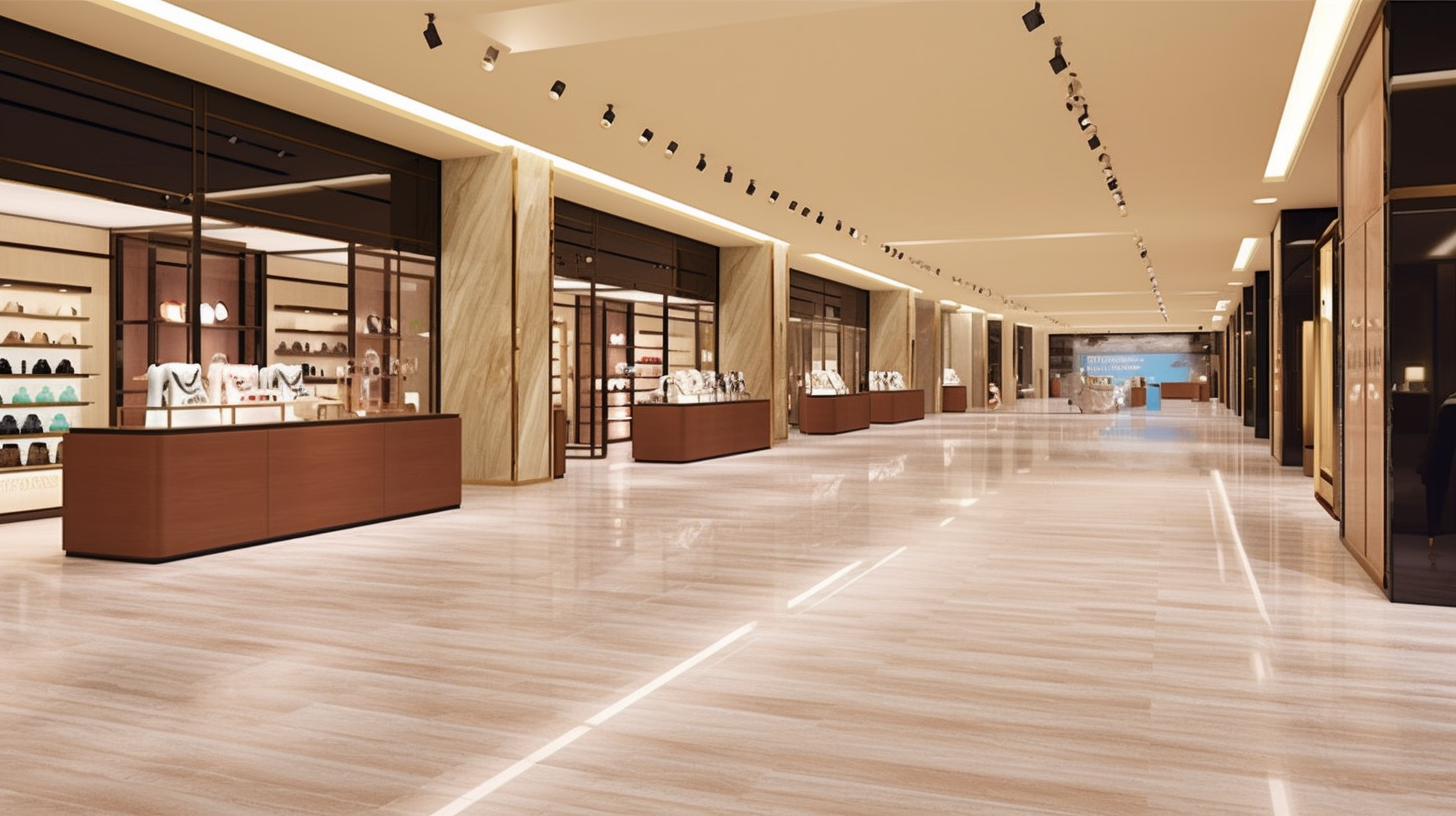
Foot traffic
When choosing SPC (Stone Plastic Composite) flooring for shopping malls, foot traffic is an important consideration. Here are some factors to consider when selecting SPC flooring for high-traffic areas:
- Wear layer: The protective layer over the printed vinyl layer is known as the wear layer in SPC flooring. In general, locations with significant foot traffic benefit from a thicker wear layer since it offers more protection against deterioration.
- Thickness: The SPC flooring’s thickness affects both its durability and its capacity to endure heavy foot activity. SPC flooring that is thicker is typically more resilient and long-lasting, making it a great option for retail centers.
- Pattern: The pattern and design of the SPC flooring can also impact its ability to withstand high foot traffic. Patterns that are busy or have a lot of details may show wear and tear more quickly than simpler patterns or solid colors.
- Slip-resistance: It’s crucial to select SPC flooring that is slip-resistant, especially in locations like food courts and toilets that are prone to dampness or spills. SPC flooring that is slip-resistant can aid in lowering accident risk and ensuring patron safety.
When choosing SPC flooring for shopping malls, it’s essential to consider foot traffic and the potential wear and tear that the flooring will endure. By selecting high-quality, durable SPC flooring with a thick wear layer, slip resistance, and a simple pattern, shopping malls can ensure that their flooring can withstand high foot traffic while also maintaining a beautiful appearance for longer.
Climate and environmental factors
Climate and environmental factors are important considerations when selecting SPC (Stone Plastic Composite) flooring for shopping malls. Here are some factors to consider:
- Moisture resistance: Shopping malls located in humid or wet environments require SPC flooring that is highly moisture-resistant to prevent damage from humidity, moisture, and spills. A thicker wear layer and high-quality water-resistant material can help to protect the flooring from water damage.
- Temperature changes: Shopping malls in areas with extreme temperature changes require SPC flooring that is dimensionally stable, meaning that it does not expand or contract with temperature changes. SPC flooring made with quality materials can resist thermal expansion and contraction, maintaining its shape and integrity over time.
- Environmental impact: Because SPC flooring is created from recycled materials and can be recycled at the end of its useful life, it is regarded as an environmentally beneficial solution. SPC flooring may be chosen by shopping centers that value sustainability because of its favorable environmental effects.
- Indoor air quality: For a healthy atmosphere, SPC flooring that complies with indoor air quality standards is essential. Seek for SPC flooring that has been certified by environmental organizations like FloorScore or GreenGuard and has low VOC emissions.
It’s important to consider environmental factors such as moisture resistance, temperature changes, sustainability, and indoor air quality. By choosing high-quality SPC flooring that meets environmental standards, shopping malls can create a healthy, eco-friendly, and durable environment for their customers.
Installation and maintenance costs
Installation and maintenance costs are important considerations when choosing SPC (Stone Plastic Composite) flooring for shopping malls. Here are some factors to consider:
- Installation cost: SPC flooring is relatively easy to install, which can reduce the cost of installation compared to other types of flooring that require more time and labor. It is important to get a quote from a reputable installer to ensure the installation cost is within the budget.
- Maintenance cost: SPC flooring is easy to maintain and requires minimal upkeep, which can reduce the cost of maintenance over time. Regular sweeping and damp mopping is all that is needed to keep the flooring clean and looking like new. It’s important to factor in the cost of cleaning supplies and the frequency of professional cleaning to ensure that maintenance costs are manageable.
- Replacement cost: Although SPC flooring is highly durable, it may eventually need to be replaced. It’s important to consider the replacement cost and factor this into the overall cost of ownership over time.
- Warranty: Consider the warranty offered by the manufacturer or installer. A warranty that covers installation and material defects can provide peace of mind and reduce the cost of repair or replacement if issues arise.
Compatibility with shopping mall design and branding
- Design: SPC flooring is available in a wide range of styles, colors, and textures, which means it can complement the design scheme of any shopping mall. When choosing SPC flooring, consider the color and pattern that will best match the mall’s overall design theme.
- Branding: SPC flooring can be customized with patterns, logos, or brand colors, which can help to reinforce a shopping mall’s brand image. Consider customizing the SPC flooring to incorporate the mall’s branding or logo.
- Durability: Choose SPC flooring that is durable and long-lasting to ensure that it maintains its appearance over time. The durability of the flooring should not come at the expense of design and compatibility with the mall’s branding.
- Aesthetics: SPC flooring should be aesthetically pleasing and create a warm and inviting environment for shoppers. The flooring should complement the mall’s design scheme and enhance its overall appearance.
Overall, when choosing SPC flooring for shopping malls, it’s important to consider compatibility with the mall’s design and branding. By choosing high-quality, durable SPC’s best commercial flooring solution that complements the mall’s design and branding, shopping malls can create a welcoming and aesthetically pleasing environment for their customers.
Comparison with other flooring options for shopping malls
SPC VS Carpet VS Tile VS Hardwood VS Vinyl
| Flooring Type | Advantages | Disadvantages |
| SPC Flooring | – Durable and resistant to scratches, stains, and impact | – Not as comfortable to walk on as carpet |
| – Easy to maintain and clean | – Can be more expensive than other flooring options | |
| – Water-resistant, making it suitable for high-moisture areas such as restrooms and food courts | – Can be noisy to walk on compared to carpet or hardwood | |
| – Can replicate the look of hardwood, tile, or stone | ||
| Carpet | – Soft and comfortable to walk on | – Not as durable as other flooring options, and can wear down quickly with heavy foot traffic |
| – Good sound insulation, reducing noise levels in a mall | – Stains easily and can be difficult to clean | |
| – Provides insulation and can help reduce heating and cooling costs | – Not water-resistant, making it unsuitable for high-moisture areas | |
| – Wide range of colors, patterns, and textures available | ||
| Tile | – Extremely durable and resistant to wear and tear | – Can be hard and uncomfortable to walk on for extended periods of time |
| – Water-resistant, making it suitable for high-moisture areas such as restrooms and food courts | – Can be slippery when wet, posing a safety hazard | |
| – Easy to clean and maintain | – Limited design options compared to other flooring types | |
| Hardwood | – Attractive and timeless look | – Can be easily damaged by scratches, dents, and moisture |
| – Can add value to a mall property | – Can be expensive to install and maintain | |
| – Warm and natural feel | – Not water-resistant, making it unsuitable for high-moisture areas | |
| – Wide range of wood types and finishes available | ||
| Vinyl | – Affordable and easy to install | – Can emit volatile organic compounds (VOCs) that can affect indoor air quality |
| – Water-resistant and easy to clean | – Not as durable as other flooring options and can be easily damaged by sharp objects | |
| – Can replicate the look of hardwood or tile | – Can fade or discolor over time with exposure to sunlight | |
| – Wide range of colors and patterns available | – Can emit volatile organic compounds (VOCs) that can affect indoor air quality | |
| – Affordable and easy to install |
Carpet
- Durability: SPC flooring is highly durable and resistant to wear and tear, making it an ideal choice for high-traffic areas such as shopping malls. Carpeting, on the other hand, can wear down and become stained or discolored over time, requiring frequent cleaning and replacement.
- Maintenance: SPC flooring is easy to maintain and requires minimal upkeep, whereas carpeting requires frequent vacuuming, shampooing, and deep cleaning to maintain its appearance and avoid odors.
- SPC flooring has excellent moisture resistance and can survive spills and moisture without being harmed. Carpeting is very absorbent and can hold moisture, which can result in the growth of mold or mildew and foul odors.
- SPC flooring and carpeting both come in a variety of designs and hues that might go well with a retail mall’s overall aesthetic. SPC flooring, on the other hand, provides more design flexibility, including alternatives that imitate the appearance and texture of other materials like wood or stone.
- SPC flooring is seen to be a better hygienic option than carpets since it does not retain dust, pollen, or other allergens that might impair indoor air quality. The health of customers and employees may be harmed by allergies and pollutants that are hidden under carpeting.
Tile
- Durability: Both SPC flooring and tile are highly durable and resistant to wear and tear, making them ideal choices for high-traffic areas such as shopping malls.
- Maintenance: SPC flooring is easy to maintain and requires minimal upkeep, whereas tile requires frequent cleaning and maintenance to maintain its appearance and prevent grout from becoming stained or discolored.
- Moisture resistance: SPC flooring is highly moisture-resistant and can withstand spills and moisture without damage, while tile can be vulnerable to water damage if the grout becomes cracked or damaged.
- Installation: SPC flooring is relatively easy to install, whereas tile requires more time and labor to install and may require specialized equipment to cut and lay.
- Aesthetics: Both SPC flooring and tile offer a range of styles and colors that can complement a shopping mall’s design scheme. SPC flooring can mimic the look and feel of other materials such as wood or stone, while tile offers a more traditional and classic appearance.
- Slip resistance: SPC flooring can be made with slip-resistant materials, making it a safer option for areas that are prone to spills or moisture, such as food courts or restrooms. While tile can also be made slip-resistant, it can be more difficult to achieve than with SPC flooring.
Hardwood
- Durability: SPC flooring is highly durable and resistant to wear and tear, making it an ideal choice for high-traffic areas such as shopping malls. Hardwood, while durable, can be susceptible to scratches, dents, and other damage over time.
- Maintenance: SPC flooring is easy to maintain and requires minimal upkeep, whereas hardwood requires more maintenance to maintain its appearance, including refinishing and resealing to prevent wear and tear.
- Moisture resistance: SPC flooring is highly moisture-resistant and can withstand spills and moisture without damage. Hardwood, on the other hand, is vulnerable to water damage and may warp or rot if exposed to moisture for an extended period.
- Cost: SPC flooring is generally less expensive than hardwood, making it a cost-effective option for shopping malls that want a durable and attractive flooring option within their budget.
- Aesthetics: Both SPC flooring and hardwood offer a range of styles and colors that can complement a shopping mall’s design scheme. Hardwood is often favored for its natural and classic appearance, while SPC flooring can mimic the look and feel of other materials such as wood or stone.
- Eco-friendliness: SPC flooring is considered an eco-friendly option because it is made from recycled materials and can be recycled at the end of its lifespan. Hardwood, on the other hand, is not as eco-friendly, as it requires cutting down trees to produce.
Vinyl
- Durability: Both SPC flooring and vinyl are highly durable and resistant to wear and tear, making them ideal choices for high-traffic areas such as shopping malls.
- Maintenance: Whereas vinyl flooring needs frequent washing and maintenance to sustain its beauty, SPC flooring is simple to keep clean and requires little upkeep.
- Moisture resistance: While vinyl flooring can be susceptible to water damage if improperly laid, SPC flooring is highly moisture-resistant and can survive spills and moisture without damage.
- Installation: SPC flooring is relatively easy to install, whereas vinyl requires more time and labor to install and may require specialized equipment to cut and lay.
- Aesthetics: Both SPC flooring and vinyl offer a range of styles and colors that can complement a shopping mall’s design scheme. SPC flooring can mimic the look and feel of other materials such as wood or stone, while vinyl offers a more modern appearance.
- Slip resistance: SPC flooring can be made with slip-resistant materials, making it a safer option for areas that are prone to spills or moisture, such as food courts or restrooms. While vinyl can also be made slip-resistant, it can be more difficult to achieve than with SPC flooring.
Case studies of shopping malls that have chosen SPC flooring
Examples of successful SPC flooring installations
One of the most successful examples of SPC flooring installations in shopping malls is La Fiesta Mall in Mexico. This mall has seen an increase in customer visits since installing previous luxury vinyl floors, which have proved to be durable and long-lasting under high foot traffic. The installation was completed with minimal disruption to the customers, and it has been praised for its aesthetically pleasing design.
The Silverbird Galleria Mall in Nigeria is another example of a shopping mall that has benefited from SPC flooring installation. This mall, located in one of the largest cities in Nigeria, boasts modern interiors and a vibrant atmosphere made possible by its sleek SPC floors. The installation was experienced as quick and easy; they were able to enjoy their new flooring in no time.
The Mall of Asia in the Philippines is yet another shopping mall that has seen great success due to its SPC flooring installation. The ease of maintenance and durability of these SPC commercial floors allowed for an uninterrupted shopping experience, while their modern design complemented the contemporary atmosphere of the mall. Furthermore, this installation took minimal time and effort, making it an ideal choice for businesses looking to upgrade their flooring quickly.
Feedback from shopping mall owners and customers
SPC flooring is a kind of luxury vinyl tile (LVT) that is gaining popularity with both shoppers and shopping mall managers. Superior durability, scratch resistance, moisture tolerance, and ease of installation are just a few of its numerous benefits over more conventional forms of flooring. SPC flooring has many practical advantages, but it also adds a rich appeal to any room thanks to its smooth texture and appearance of the real wood grain. Shopping mall owners have praised the product for being affordable while still providing an attractive and durable commercial flooring solution for their floors. Customers have provided positive feedback on how easy it is to clean and maintain SPC flooring as well as the beautiful visual appeal it brings to the space. Overall, SPC flooring provides an excellent option for shopping malls looking to upgrade their floors without sacrificing durability, aesthetic appeal, or affordability.

Overall, SPC flooring is a smart investment for shopping malls, offering durability, low maintenance, and aesthetic appeal. The versatility of SPC flooring also means that it can be used in different areas of the shopping mall, from the common areas to the commercial and retail stores themselves. By choosing SPC flooring, shopping mall owners and managers can ensure that their spaces remain attractive and functional for years to come.


